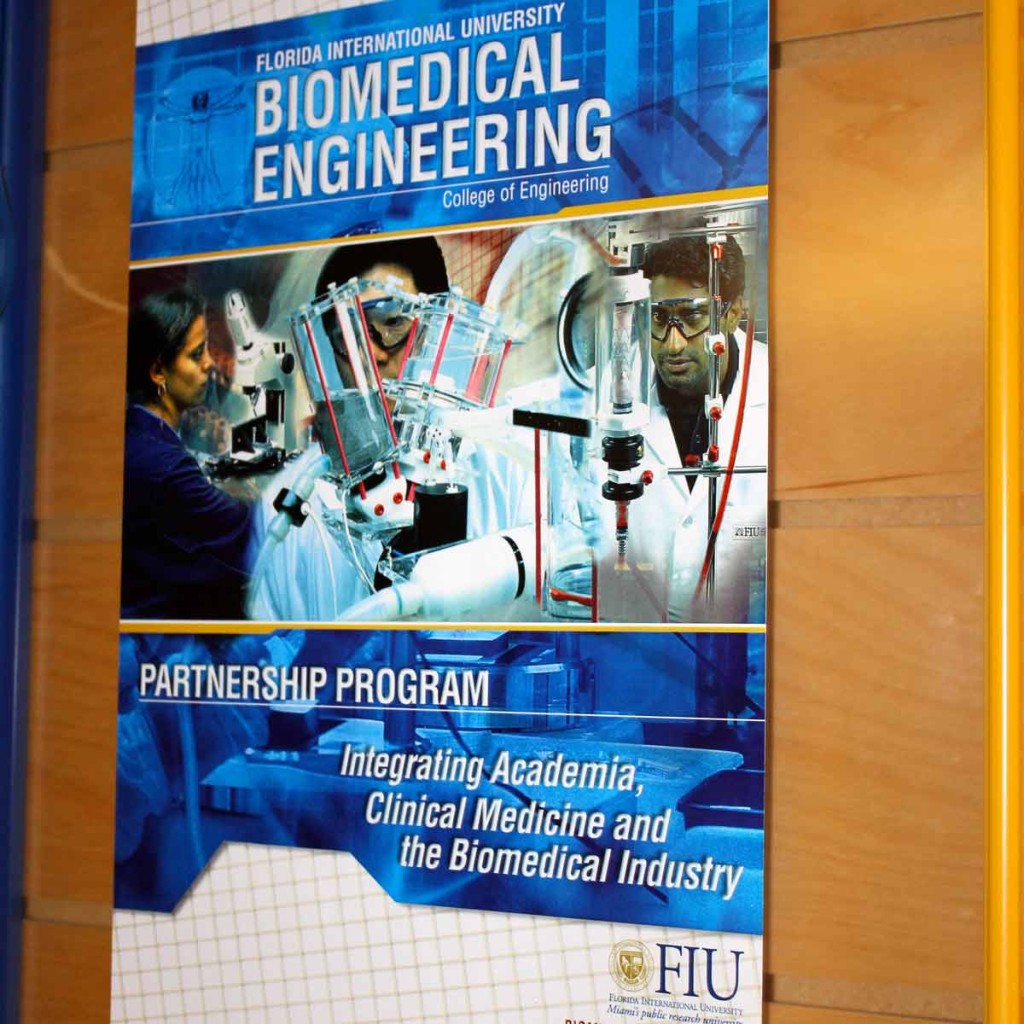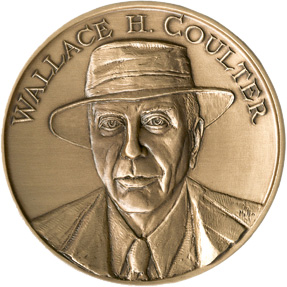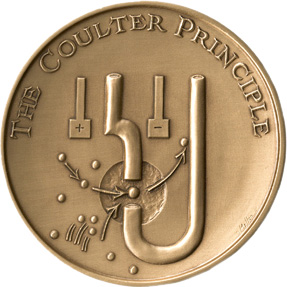
Coulter Translational Partnership (TP) & Research Awards (CTRA)
To benefit mankind, innovations born in the academic environment must be translated to practical use. However, in the late 90s, there were no standardized processes, defined organization or consistent funding sources to help translate academic biomedical innovations from the bench to the bedside. This is the environment that the Wallace H. Coulter Foundation encountered when it began its translational research program in 2001. The Foundation successfully transformed Wallace Coulter’s philosophy of “science serving humanity” into these pioneering programs, capitalizing on the best aspects of academia and industry, which were able to attract necessary funding sources to create products that help patients.

Coulter Translational Research Partnership Award in Biomedical Engineering (TP)
The Biomedical Engineering Department Chair is considered the Principle Investigator of the award. Each school established an Oversight Committee, consisting of stake holders in the translational process. Additionally, the grant also provided funding for a Coulter Project Director to oversee the daily operations of the award. This Award provided $1MM each year for a period of five years.
READ MORE
Coulter Translational Research Award (CTRA)
In 2005, the Foundation launched the “Early Career” (EC) program which later was rebranded as the “Coulter Translational Research Award” (CTRA) program. The Coulter Translational Research Awards provided funding for individual Professors in established Biomedical Engineering Departments within the United States, rather than at the department level. The awards support biomedical research that is translational in nature, to encourage and assist eligible biomedical engineering investigators to establish themselves in academic careers involving translational research.
READ MORE